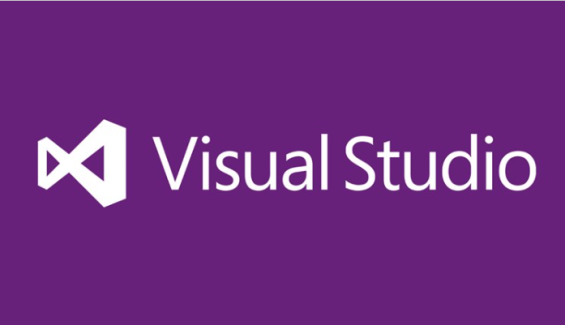In the first two sections of this four-part series (part 1, part 2), we looked at the new open-source and cross-platform “.NET Core” and the ASP.NET vNext framework.  Here, we’ll look at the various development tools options available under the Visual Studio brand.
Here, we’ll look at the various development tools options available under the Visual Studio brand.
Previous Visual Studio Versions
Visual Studio is Microsoft’s flagship IDE, and is increasingly a brand name covering their team workflow tools in general. Traditionally there have been several products under this name:
- Visual Studio Express – A limited, yet free-as-in-beer version. Completely separate installations were needed for different types of development (e.g. web, desktop apps, Windows store).
- Visual Studio Professional – The default paid version. A single installation, with support for all development types. Costs about $600 for a shrink-wrapped copy, or over a grand with an MSDN subscription.
- Visual Studio Test Professional, Premium, and Ultimate – Versions including automated test tools, or all-inclusive versions with advanced code analysis and remote debugging features. Costs thousands of dollars per seat. I have to assume that no one actually pays sticker price at this scale, but rather negotiates with an account rep.
New Versions
In addition to the above, we will now also have the new Visual Studio Community edition. Community is more or less the exact same product as Visual Studio Professional, simply offered free-as-in-beer to “non enterprise” users (i.e. companies with fewer than 250 PC’s and less than $1 million in annual revenue). All of the previous crazy-expensive editions have been collapsed into a new crazy-expensive Visual Studio Enterprise edition.
The folks behind Mono offer the open source and cross-platform MonoDevelop, but all of the Microsoft-produced IDE’s above are tightly coupled to Windows. Interestingly though, Microsoft just announced a new cross-platform offering called Visual Studio Code. It’s not open source, but is free-as-in-beer and officially supported on Linux and OS X.
Code is built atop the same technical foundation as GitHub’s Atom text editor. However, it offers Intellisense, debugging, and integrated version control… seriously blurring the lines between text editor and IDE.
However, discontinuing Express is unfortunate. I’m not 100% convinced yet that Visual Studio Code will suffice for real professional work, and now there are no other free options for developers in mid-size or larger companies. When I’ve worked in Java shops and lobbied for alternative technologies like Scala and Golang, I’ve succeeded in part because the tooling was free. I wasn’t asking my boss to deal with a budget issue. Now, developers in larger companies who take an interest in what’s happening with .NET can’t slip it in under the radar so easily. Now, they must create a budget issue.
The new Visual Studio changes might open some doors with startups, but might close some doors with established companies (who are more likely to pay once a technology gets established there).
**UPDATE**: When I originally wrote this piece, I was under the impression that Visual Studio Express was being discontinued, and that Community would take its place (for shops small enough to comply with its licensing constraints). However, it looks like Microsoft IS planning 2015 versions of Express after all, which is great news for developers in large enterprises needing a limited free option.
Visual Studio Online
There is a new entry under this brand, Visual Studio Online. This is not a browser-based IDE like Cloud9… it works with a desktop-based Visual Studio installation, rather than as a replacement for one.
Basically, Visual Studio Online is a cloud-hosted project management system, source control and code review system, and continuous integration server. Think JIRA, GitHub, and Jenkins all rolled into one.
Although I’ve worked for two companies in a row doing some degree of C# development, neither shop uses TFS or any Microsoft developer collaboration tooling. So I have no first-hand experience with Visual Studio Online, and am mentioning it briefly just to clarify what it isn’t.
Conclusion
The new generation of Visual Studio is a boon for startups and individuals, and the free cross-platform Visual Studio Code editor is something worth keeping an eye on.
In the final part of this series, we’ll tie all of this together and walk through generating an application with .NET Core and ASP.NET vNext.
